Setting up a Shooting Range- Should you have a FFL License?
Opening up a shooting range can be quite the undertaking. However, the benefits can easily outweigh the costs, making it a good investment for you and your community. Before making any big forward movements, it’s advantageous to understand what opening a range entails and the kinds of options you have.
You do not technically need a federal firearms license to operate a gun range. Nevertheless, you should still bear in mind the advantages to having a FFL at your range. If you made the range your licensed location, you will be able to acquire, then subsequently rent firearms at your range. This is an excellent service to provide as beginning shooters may not know what style of firearm best suits them and may want to try several models before actually purchasing a gun of their own. That leads to the second advantage- you can be engaged in selling firearms. Firearms and ammo sales (along with any range fees you decide to charge) can help to mitigate the costs incurred by the upkeep of the range. You’ll also have insight to the kinds of firearms to keep in stock by seeing what types of firearms are most popular at your range. This goes for slings and holsters as well. If you can provide your range users with everything they need to be outfitted with for a successful day at the range, you’re guaranteed to have happy customers. Most range owners find that your range will not be profitable enough without adding an FFL to capture sales from this side of the business as well.
Other things to keep in mind when considering a shooting range are the type and size of range you want. Your range will either be indoors or outdoors. Each setup has its advantages and disadvantages. The regulations surrounding an indoor range are stringent, which can lead to costly. Although there are no official gun range rules, there are regulations surrounding air quality. The Environmental Protection Agency (EPA) has guidelines regarding the air quality of an indoor range and also proper procedures for lead disposal. Ventilation systems which meet or exceed EPA standards can be costly. However, an indoor range can be open all year long as weather conditions are not an obstacle, so the revenue earned from an indoor range can be higher than an outdoor range. You’ll also need to ensure that you’ve installed an adequate back stop. As was mentioned, there is no official ruling on what is “adequate,” but for the safety of all, you want to be positive that a bullet will not go flying through the back wall of your range or ricochet off of the back wall. For an outdoor range, EPA regulations are still applicable concerning lead in the soil. You should also be aware of any noise regulations that might be in place in the area you plan on opening up your shooting range. Local zoning ordinances may have an effect on the types of shooting your range can allow, and the local zoning board may want to put down some standards they’d like you to follow. You’ll also want to see what kind of development may be coming to an area. You don’t want to get your range all set up just to figure out that it is going to be a residential area within the next 5 years. An outdoor range can certainly be more financially feasible as you won’t need to worry about a building large enough to house shooting lanes, ventilation systems, or target retrieval systems. However, depending on your climate, your range may need to be closed during inclement weather. The biggest advantages to an outdoor range are that you have better opportunity for a long range shooting area and you can use the natural landscape for a backstop. Earth and sand can also be moved to create the design you are going for.
If you find you need help in getting the range set up, the NRA has great resources in place to help. All of their information is available at their website, click here. Available from the NRA is a guide which gives technical guidance and sample basic layouts for different range types. You can hire an NRA Range Technical Team to come out to your proposed location and help you figure out what you can and cannot do based on your location and local zoning ordinances. They’ll give you advice on how to proceed in the best fashion for your situation. They also help existing ranges improve their facilities as well.
There is a lot to consider when setting up a shooting range. One of the things to consider should definitely be the advantages you will have if you get a FFL license at your range to bring profits in until you grow your range popularity.
If you’d like more information on how to get your FFL license, join FFL123.com today! See NRA Reviews of FFL123.com Benefits of getting a federal firearms license.




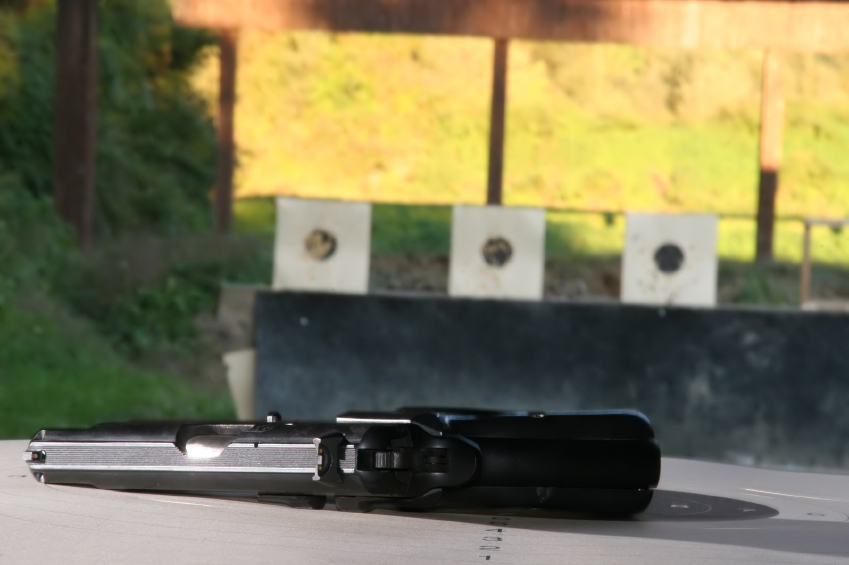
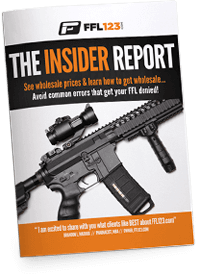
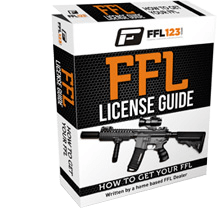
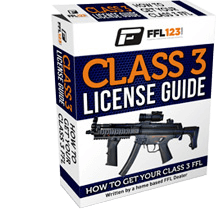
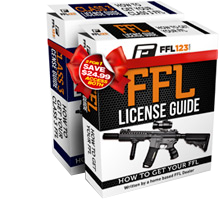



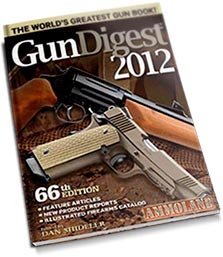








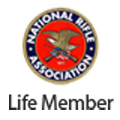



Looking into starting a gun range
our guides can help with this sir.
Considering applying for a public outdoor firing range permit(skeet and small arms). The range shall be located on a 85 acre farm approximately 5 miles from Starr SC. The area has a couple of families, a hydro power plant, and a poultry farm (under construction) within a two miles radius. Any comments or suggestions would be welcomed. vr
NSSF has a nice program to help with the specifics.